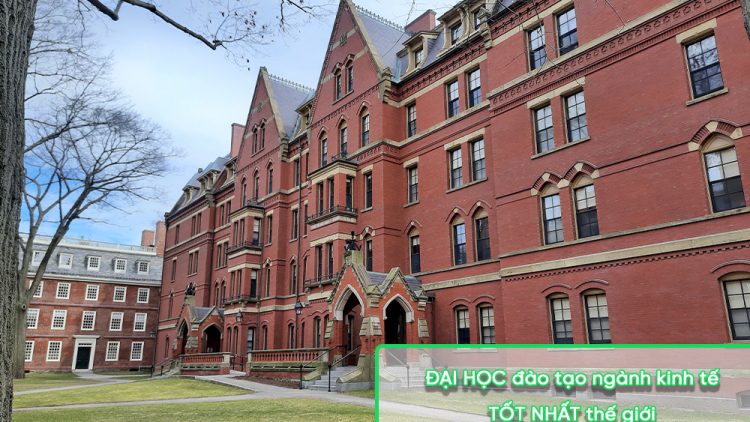ITT – A study has pointed out that even children with IQ of genius also need teachers to help them fulfill their potential and express themselves. Recipe for genius is to be pushed.
Business Insider reported that since 1971, the research program on early developed adolescents (SMPY) has tracked 5.000 smart children in the US. They are in the 1%, 0.1% and even 0.01% of the most intelligent children in the US. This is the longest study in the history of children’s talents.
Contrary to the current education system prioritizing kids who don’t study well, the findings of the SMTP raise another request – do not forget the good one.

Jonathan Wai, a psychologist of talent identification program of Duke University, shared in the Nature: “Whether we like it or not, these people are really controlling our society. Children among the top 1% of outstanding tend to become renowned scientists and researchers, CEO of those companies in the Fortune 500, federal judges, senators and billionaires. They are successful because they get recipe for genius and become a genius”.
Unfortunately, many studies from SMPY said that children who show their talents earlier in subjects like Sciences and Mathematics don’t get the help they need. As believing that excellent students can study themselves and get A mark, teachers pay most of the attention to those with poor results. Therefore, talented kids are at risk of receiving less support.
SMPY revealed that the default of assuming that smartest kids can achieve and reach their full potential without any pushing is completely wrong. One of the assessment from a 45-year study shows that learning to grade skipping can play an important role in the development of children.

When comparing the two groups of talented students with and without grade skipping, the former is 60% more likely to receive a patent or doctoral and more than twice has more chances to receive a doctorate in science, technology, engineering…
SMPY also found that teachers and parents can help students get recipe for genius by recognizing what kind of talent. For example, many gifted children often have good spatial reasoning skills. Over time, those talents can develop into necessary abilities to succeed in such career like engineer, architect or surgeon.
Results from the 45-year has shown that teachers and parents challenging their children to further develop their capabilities, in either way because that is the key to become a genius. The future of the world may depend on it.

 Tiếng Việt
Tiếng Việt

